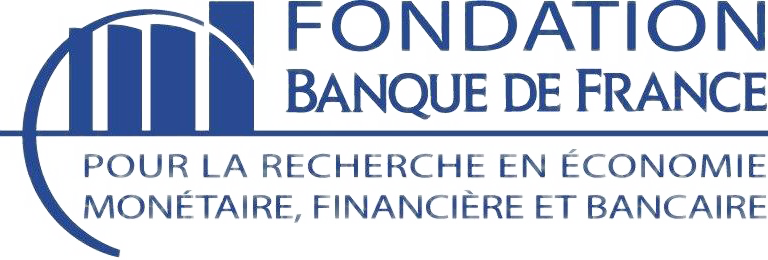
Research grant The Financial Accelerator and the Role of Monetary Policy in a Monetary Union
Simon Gilchrist, Jean-Olivier Hairault, Hubert Kempf
In this paper, we study the consequence of the introduction of a financial accelerator in a model of monetary union. We do so by developing a dynamic stochastic general equilibrium macro model of a two country economy, studied under four variants: with or without a monetary union, with or without financial accelerator. This enables us to compare the impact of supply shocks, be they global or country-specific, in these four variants. We conclude from this exercise that both the presence of financial frictions and the use of a single currency have signifiant impacts on the international propagation of exogenous shocks. The introduction of asymmetries in the financial contract widens the differences in the cyclical behaviour of national economies even though the monetary regime seems not to make a marked difference.
Download the PDF version of this document

- Published on 05/30/2017
- 41 pages
- EN
- PDF (425.5 KB)
Updated on: 03/19/2019 16:51
